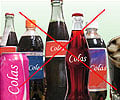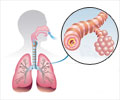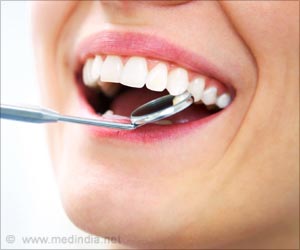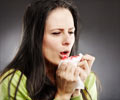People who consume larger quantities of soft drinks with high-fructose corn syrup are at high risk of chronic bronchitis, indicates a new study.
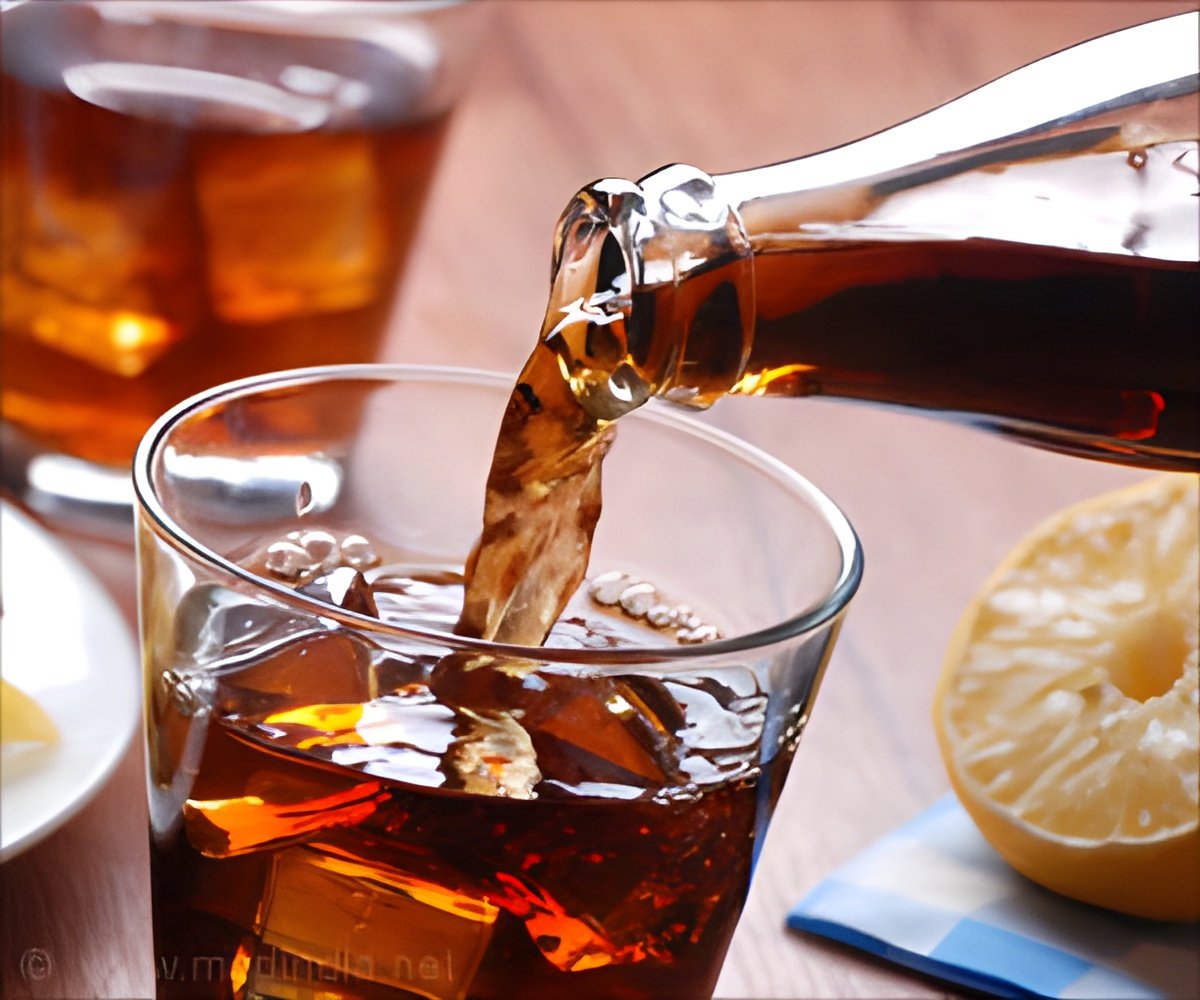
COPD refers to two lung diseases: emphysema, and chronic bronchitis. Emphysema is primarily caused by smoking. The condition is characterized by a permanent enlargement of the airways and destruction of the walls of the alveoli. Chronic bronchitis is caused by overproduction and hypersecretion of mucus by goblet cells, which leads to worsening of airflow obstruction, epithelial remodeling, and alteration of airway surface tension, predisposing to collapse.
This new study involved as many as 2801 US adults aged 55 to 64 years. The researchers used data from the 2003–2006 U.S. National Health and Nutrition Examination Survey. The surveys are unique in that they combine physical examinations and dietary intake. Data of chronic bronchitis status was available for adults, aged 20 years and older.
Researchers at New York Medical College conclude that underlying fructose malabsorption and fructose reactivity in the gastrointestinal (GI) tract may contribute to chronic bronchitis, through the formation of enFruAGEs. However, more research is needed to establish and clarify the mechanisms involved.
Soft Drinks with High Fructose Corn Syrup
A recent study by the Childhood Obesity Research Center at the Keck School of Medicine of the University of Southern California found that hugely popular soft drinks hold more fructose than most people know.A research team led by Michael Goran, the drinks - as sold on the streets - contain 50 percent more fructose than glucose. The ratio, it shows, is 60:40 and not 50:50 as it is in regular sugar.
Five Healthy Beverage Choices
Now we are well aware of the fact that consumption of HFCS is linked to obesity, diabetes, heart disease and chronic bronchitis. According to the American Journal of Clinical Nutrition, at present, beverages such as soft drinks and fruit juices are the primary sources of HFCS. So, read ingredient labels before drinking bottled beverages to avoid high fructose corn syrup.Below are some alternative beverage choices that can improve your health and satisfy thirst.
Herbal teas can make a great alternative to fruit juice. Green tea gives an array of potential health benefits including the prevention of obesity and cancer.
100 Percent Fruit Juice
Fruit juices should be taken in moderation since they have high concentrations of sugar. Apple juice rarely contains high fructose corn syrup. Now, many brands offer 100 percent juice varieties. Dilutie100 percent fruit juices with water to reduce the level of natural sugars.
Water
Water may seem an obvious alternative, but surprisingly, most people do not drink nearly enough water. Water should supply the majority of your hydration . Chronic dehydration is a concern among many people and is connected to multiple chronic health conditions.
References:
1. http://nutritionj.biomedcentral.com/articles/10.1186/s12937-015-0097-x2. Luanne Robalo DeChristopher Email author, Jaime Uribarri and Katherine L. Tucker
DOI: 10.1186/s12937-015-0097-x
Source-Medindia

